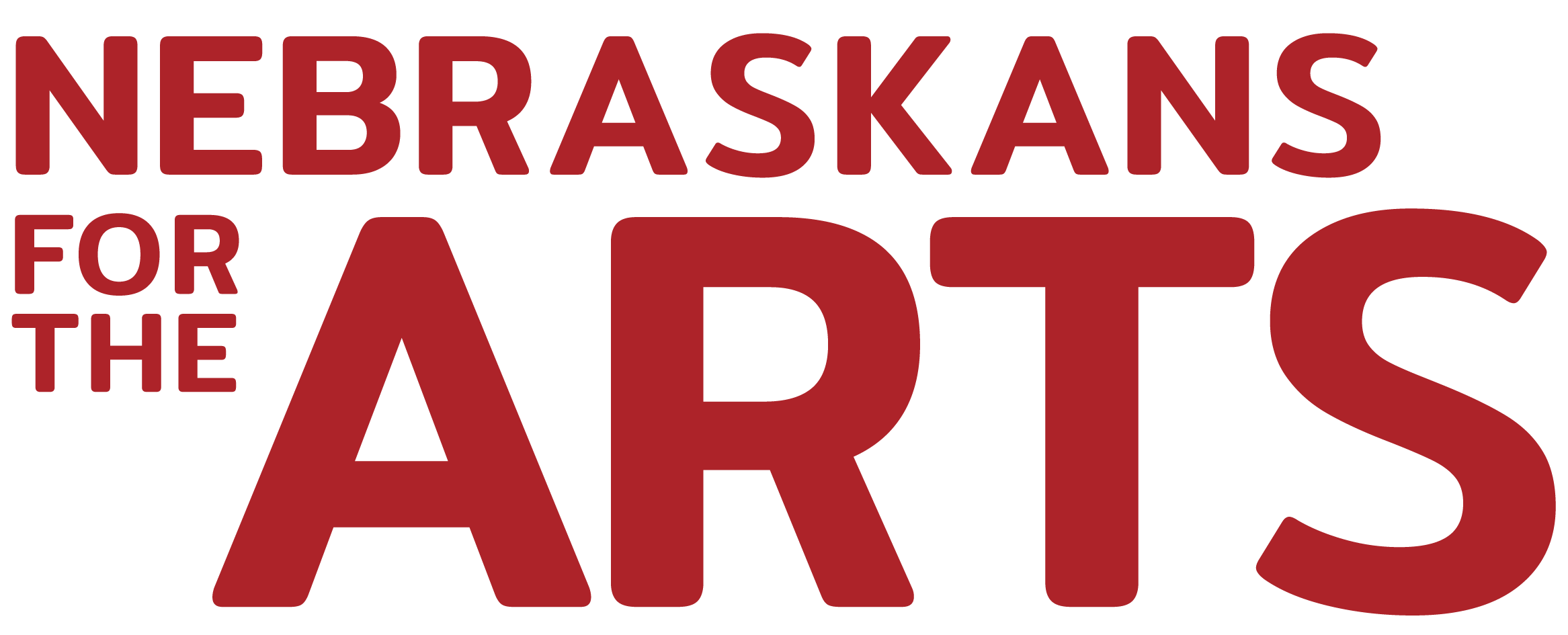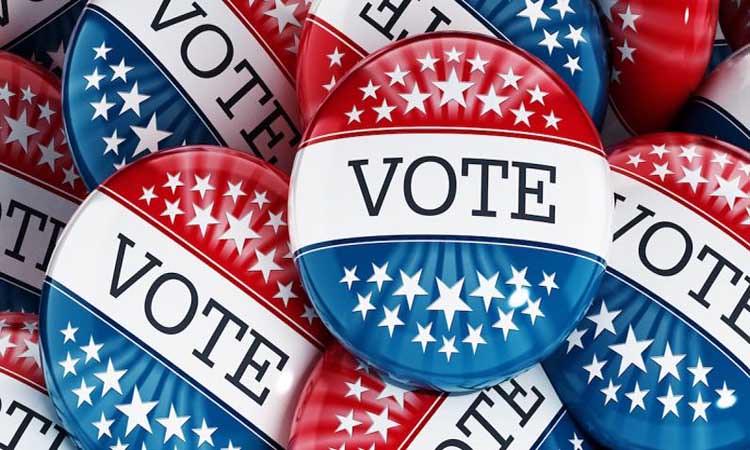As citizens, we hold a tremendous power in our hands—our vote. This simple act not only shapes the direction of our community, state, and country but also strengthens the democratic process that lies at the heart of our nation. As Election Day approaches in Nebraska, it’s crucial to be well-prepared and informed to make your vote count. As arts advocates, we need to understand how candidates view the arts within our society in order to understand, if elected, their potential action with arts policy. Here’s how you can get ready to perform your civic duty with confidence.
1. Get to Know the Candidates and Their Platforms
One of the most important steps in preparing for the election is understanding who the candidates are and what they stand for. Here’s how you can get to know them better:
- Research Official Campaign Websites: Candidates often share detailed information about their platforms, policy proposals, and visions on their official websites. This is a great place to start for unfiltered information.
- Attend Town Halls and Debates: If possible, attend virtual or in-person town halls and debates. These events provide an opportunity to hear directly from the candidates, ask questions, and observe how they handle pressure and respond to the public.
- Read Interviews and Articles: Look for interviews, editorials, and articles featuring the candidates. This can offer insight into their personalities, experiences, and how they might handle various issues.
- Check Voting Records: For incumbents, review their voting records on important issues. This can provide a concrete sense of where they stand and whether their actions match their words.
- Review the NFTA Arts Survey 2024: NFTA conducted a survey about the arts with all of the candidates running for a Nebraska elected position. You can review their responses on the NFTA Election Center.
2. Avoid Negative Media and Stay Objective
With the onslaught of information—much of it biased or misleading—it’s crucial to approach election-related content with a discerning eye:
- Be Aware of Bias: Media outlets often have political leanings, which can color their coverage. Be mindful of this and seek out multiple sources to get a balanced view of the candidates and issues.
- Fact-Check Information: If you come across something that seems too extreme or too good to be true, it probably is. Use fact-checking websites like FactCheck.org, PolitiFact, or Snopes to verify the accuracy of claims made by candidates or media outlets.
- Focus on Policy, Not Personality: It’s easy to get caught up in the personalities of the candidates, but what really matters is their stance on the issues. Stay focused on how their proposed policies will impact you and your community.
3. Fact-Checking Misleading Campaign Ads
Campaign ads can be powerful tools for influencing public opinion, but they can also be misleading. Here’s how to critically assess these ads:
- Look for Source Citations: Legitimate ads will often cite sources for their claims. Be sure to check these sources and consider their reliability.
- Investigate the Sponsor: Find out who is funding the ad. Often, ads funded by political action committees (PACs) or other interest groups have agendas that may not align with the truth.
- Cross-Reference Claims: Don’t take campaign ads at face value. Cross-reference their claims with reputable news sources and fact-checking websites.
4. Know Nebraska’s State Election Requirements
To ensure your vote counts, it’s essential to understand Nebraska’s specific election laws and requirements:
- Registration Deadlines: In Nebraska, you can register to vote up until the third Friday before the election (Friday, October 18, 2024). Make sure you’re registered well in advance, especially if you’re a first-time voter or have recently moved.
- Voter ID Laws: Nebraska now requires a voter ID for voting for in-person and absentee voting. Visit the Secretary of State website for more information.
- Early Voting: Nebraska offers early voting (also known as absentee voting). You can request an early voting ballot starting 120 days before the election, and early voting in-person begins 30 days before Election Day (Monday, October 7, 2024).
- Poll Hours and Locations: Polls are open from 8:00 a.m. to 8:00 p.m. in the Central Time Zone and from 7:00 a.m. to 7:00 p.m. in the Mountain Time Zone. Confirm your polling location ahead of time to avoid any last-minute confusion.
- Mail-In Ballots: If you’re voting by mail, ensure your ballot is mailed well before Election Day to avoid postal delays. Nebraska law requires that mail-in ballots be received by the election office by 8:00 p.m. on Election Day.
Conclusion: Your Vote Matters!
Every vote counts, and your participation in the general election is a vital part of ensuring that democracy thrives. By taking the time to research candidates, stay informed, and understand Nebraska’s election requirements, you are making a significant contribution to the future of your state and country. Your vote is your voice—make it heard!



